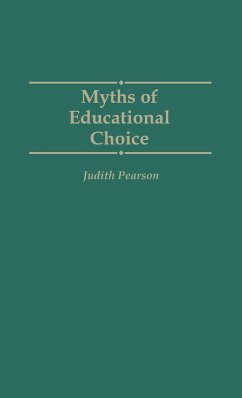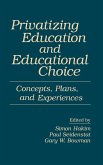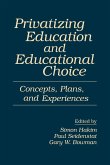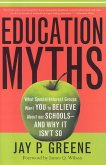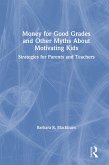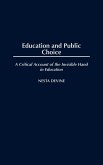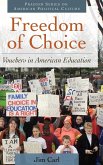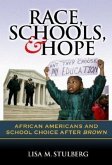This volume is a thorough and comprehensive examination of the concerns about educational choice. Judith Pearson identifies errors, omissions, and fallacies in the economic and political theories used to justify choice and raises questions about the potential impacts of choice on both urban and rural public schools and consumers. The range of potential consequences of choice have not been thoroughly examined before implementation--a serious problem because educational choice may undermine the basic principles of public education in a democratic society and increase existing inequities in educational opportunities for many students. The bandwagon for choice is already rolling at great speed, with such high-powered proponents as President George Bush and Secretary of Education Lamar Alexander. The book opens with a skeptical examination of the popular perception of a general crisis in education and the interpretation of test scores upon which this notion is based. Chapter 2 describes the implementation of educational choice in Minnesota and critically examines the thoroughness and objectivity of the program monitoring and evaluation. Chapter 3 describes Minnesota's K-12 open enrollment program and critically examines the three Working Papers that are the total of the state's program evaluation. The chapter also explores abuses of the laissez-faire choice program and the impacts of student and dollar transfers on local school districts. In chapters 4 and 5, the author investigates the popular concept that bureaucracy is the cause of problems in education and questions the appropriateness of applying a policy of deregulation to public education. Chapter 7 examines the existing inequities in educational funding and suggests that choice may make a bad situation much worse, particularly in urban schools. In Chapter 8, the author looks at the probable ways that abuses of the competitive market system will adversely affect consumers of education. Chapter 9 addresses the obvious: Where there are winners in a competitive marketplace, there are also losers. Who are they, individually and collectively? Also analyzed are the impacts of choice on educators, school boards, administrators, and teachers. Finally, Pearson challenges the constitutionality of choice through the probable inclusion of public funding for private schools.
Hinweis: Dieser Artikel kann nur an eine deutsche Lieferadresse ausgeliefert werden.
Hinweis: Dieser Artikel kann nur an eine deutsche Lieferadresse ausgeliefert werden.

